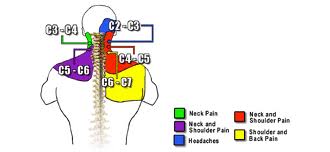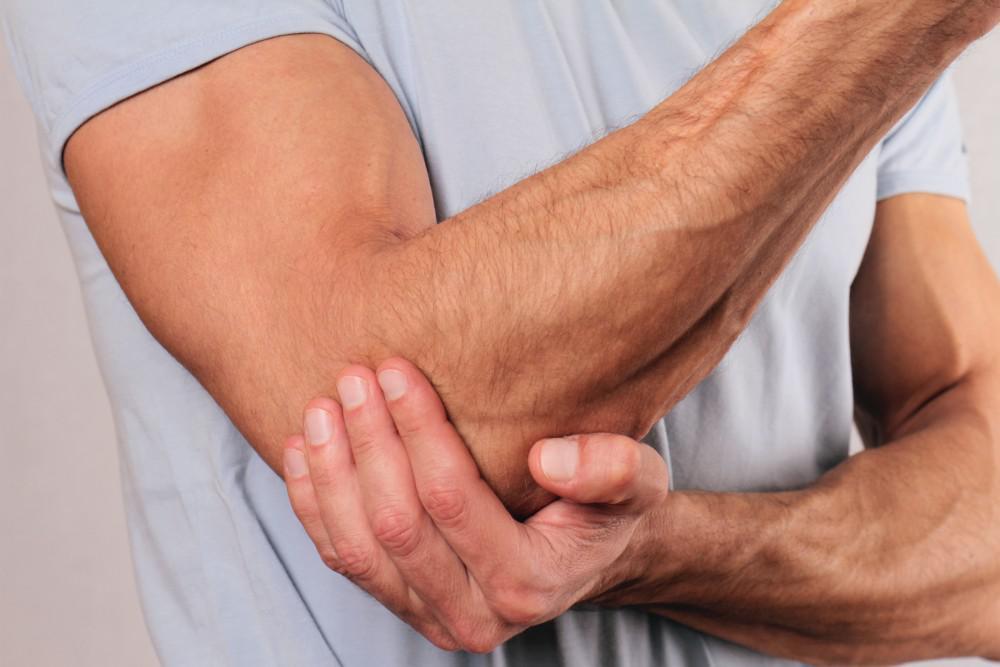
The causes of unexplained joint pain are varied, including inflammation, injuries, and diseases. It may begin suddenly, gradually, or be more severe than you expect. It might be intermittent or sudden, or it may be more persistent and debilitating. Sometimes it is hard to distinguish one type from the other, and resting and moving the affected joint can make it worse. Medications and applying heat can help reduce pain and reduce its intensity, but nothing seems to completely cure it.
Unexplained joint pain may be caused by a variety of different causes, including injury, sleeping improperly, or age-related aches and pains. If you don’t know why your joint pain is occurring, you should see a doctor. You should be honest with your healthcare provider about your symptoms, since your condition may be a sign of a more serious problem. If the pain is accompanied by other symptoms, it’s important to get a diagnosis as soon as possible.
For non-arthritis related joint pain, avoiding straining the joint can relieve discomfort and prevent stiffness. You should try light stretching and strengthening exercises to strengthen the muscles and tendons around the joint. You can also seek advice from a physiotherapist or occupational therapist. A physical therapist can teach you exercises to strengthen the muscles and tendons that support your joints. And, if you feel your pain getting worse or lasting for more than three days, see your doctor for a diagnosis.
In addition to resting and stretching, exercise can also help you reduce stiffness and inflammation in your joints. It is important to consult your doctor if you are experiencing unexplained joint pain. Even if you don’t have a specific cause for your pain, you should seek treatment and further advice on the site Diariola Republica. Your PCP can offer advice and referral to a joint pain specialist. There are several treatments for unexplained joint pain.
Your doctor will examine your joints to find out what is causing you discomfort. He or she will likely take an x-ray to rule out any injury and look for fluid. Other tests, such as blood tests, may also be ordered to rule out other conditions. Your doctor will also order a blood test to determine the exact cause of your pain. These tests are needed to determine if joint disease is the real culprit.

If you have joint pain, your doctor can determine the cause. For example, if you have joint swelling, you should see a doctor to rule out an infection. Infections can cause joint swelling, which can be caused by many different factors, including arthritis. During this time, the doctor will examine your joints to determine the cause of your symptoms. Diagnosis is vital to the success of your treatment.
Various treatments can help relieve joint pain. Massages and stretching exercises are an important part of treating arthritis. Anti-inflammatory drugs can help relieve pain. However, these drugs should not be taken by children. If you experience unexplained joint pain, see your doctor immediately. If you have other symptoms, it could be the flu or a serious illness. Therefore, you should make an appointment with your doctor if you suffer from joint swelling and discomfort.
There are several causes of joint pain, including injury, sleep disturbances, or age-related pain. If you experience discomfort or swelling in your joint, you should see your doctor. Taking anti-inflammatory drugs and Duston gel can reduce swelling and relieve pain. If you cannot find an explanation for your pain, your healthcare provider can help you diagnose and treat the cause. Your doctor will also check for other symptoms and determine the best treatment.
If you are experiencing unexplained joint pain, you should see your doctor. If the pain does not go away and is not related to an injury, you should contact your doctor for an examination. If you are unsure what may be causing your discomfort, it is best to seek a second opinion. An accurate diagnosis will help you make the right decision. You should talk to your doctor if you experience severe swelling and/or infection in this area.